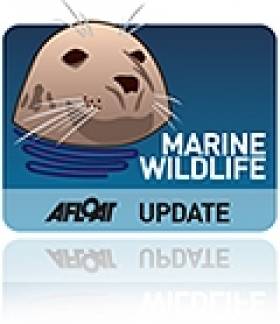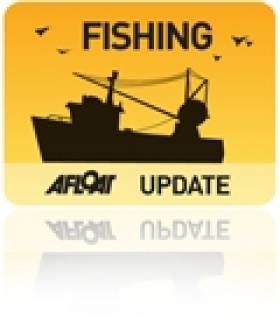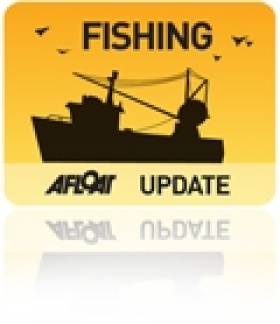Displaying items by tag: European Union
Canada Challenges EU Over Seal Products Ban
The Canadian Government is challenging the European Union over its ban on seal products.
Canada has reportedly asked the World Trade Organisation (WTO) to arbitrate a formal dispute to assess the EU ban, which Canada alleges is a violation of WTO rules.
The EU ban on seal products was approved by all 27 member states in 2009 and came into force last year. According to Canada it has led to a decline in its seal product market of more than 50%.
Canada's fisheries minister Gail Shea accused the EU of siding with "animal rights lobbyists" over the ban.
The country has strict regulations regarding the hunting of seals, but the most efficient hunting method - commonly referred to as 'seal clubbing' - is highly controversial. Animal rights activists also claim that many seals are skinned alive, which is a prohibited practice.
However, the remote nature of seal hunting grounds makes enforcing regulations difficult.
Significant EU Fishing Reforms On The Way
Fishing boats will have to land their entire catch - whether or not the fish are in a saleable condition - according to new European Union proposals.
The Guardian reports that EU fisheries commissioner Maria Damanaki has pledged to bring and end to the "nightmare of discards" in response to the high-profile campaign against the practice of fishermen dumping dead fish from their catch.
Half of all fish in the North Sea - and up to two-thirds in other areas - are thrown back under the quota system implemented under the EU's common fisheries policy.
Damanaki said that her proposed reforms to the system would be phased in over a number of years pending approval by the European parliament.
She acknowledged the concerns of fishermen, who fear the value of their catch will plummet if they are not allowed the choice of which fish to keep, but said they would benefit in the long term as ending discards would help to protect stocks of commercial fish.
Meanwhile, Irish conservation groups have joined a worldwide campaign to put the environment at the heart of the EU's fishing reforms.
The Irish Times reports that Birdwatch Ireland, Coastwatch Europe, the Irish Wildlife Trust and Irish Seal Sanctuary have all signed up to the Ocean 2012 initiative, which hopes to work with the fishing industry to find a balance that preserves both the ecosystem and fishermen's livelihoods.
EU 'Must Assist' Irish Fishing in Reviving Stocks
The Irish Seal Sanctuary has called on the EU to assist fishermen in the switch to selective fishing gear to help restore viable stocks in Ireland's waters, the Irish Environment Network reports.
EU Commissioner Maria Damanaki had threatened to close the Irish Sea as well as seas off the west of Scotland if nothing is done to allow the drastically low stocks of cod to recover to a sustainable level.
But the sanctuary's Sea Fishery Advisory Group believes that trawling in the Irish Sea would only need to be suspended for a period long enough to allow one year's class of fish to mature and spawn.
“We do not seek a closure, as there are selective methods to catch prawns, which the smaller boats could easily use," said a spokesperson, who added that "many fishermen consider the Irish Sea, a relatively small shallow sea, an important spawning and nursery area for much of our national waters.
"Fish spawned in the Irish Sea could help repopulate the areas north and south of it, if they had the chance,” the spokesperson added.
The Irish Times reports that Commissioner Damanaki had upset the Irish fishing industry with her hard line proposals to slash quotas for cod in the Irish Sea and the west of Scotland and close those fishing areas by 2012.
The EU's annual negotiations on European fishing rights concluded this week with concessions that will see the industry as a whole face a 0.9% reduction in quota.































































